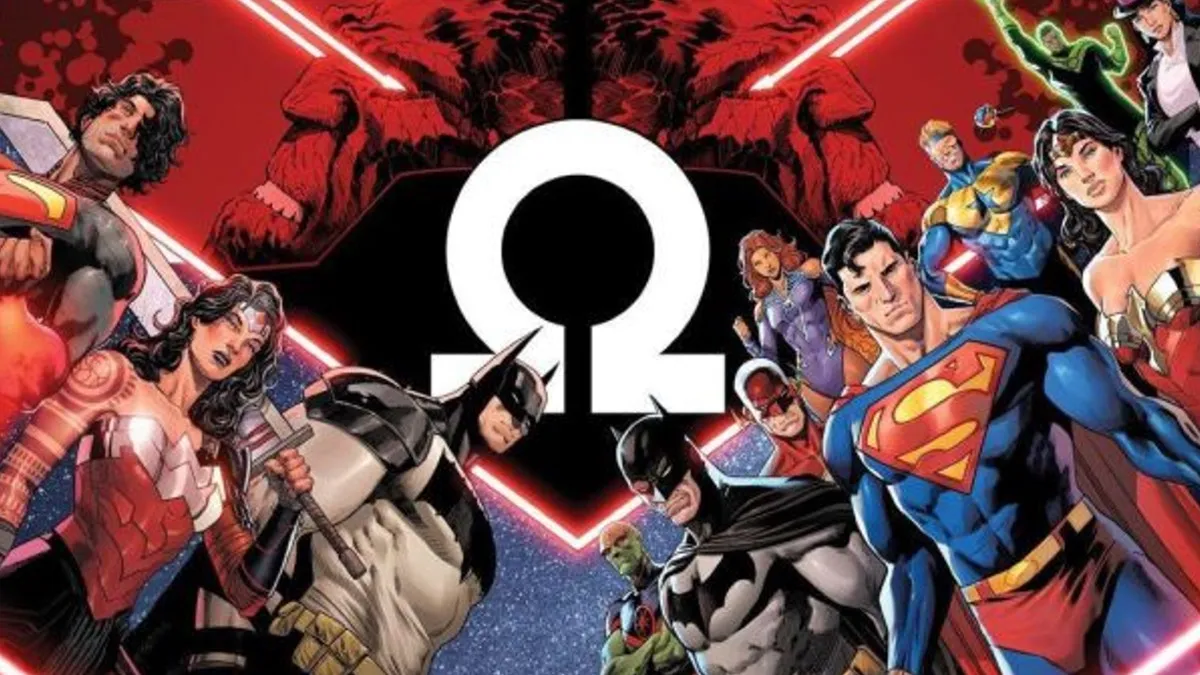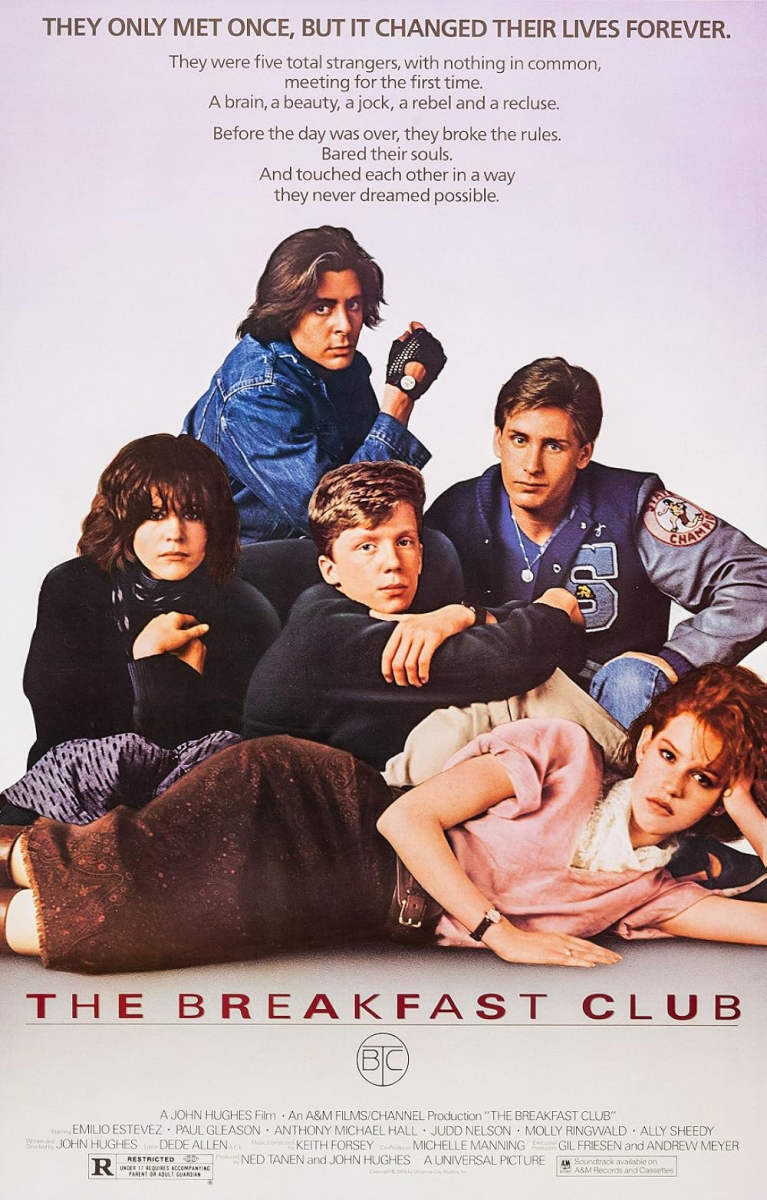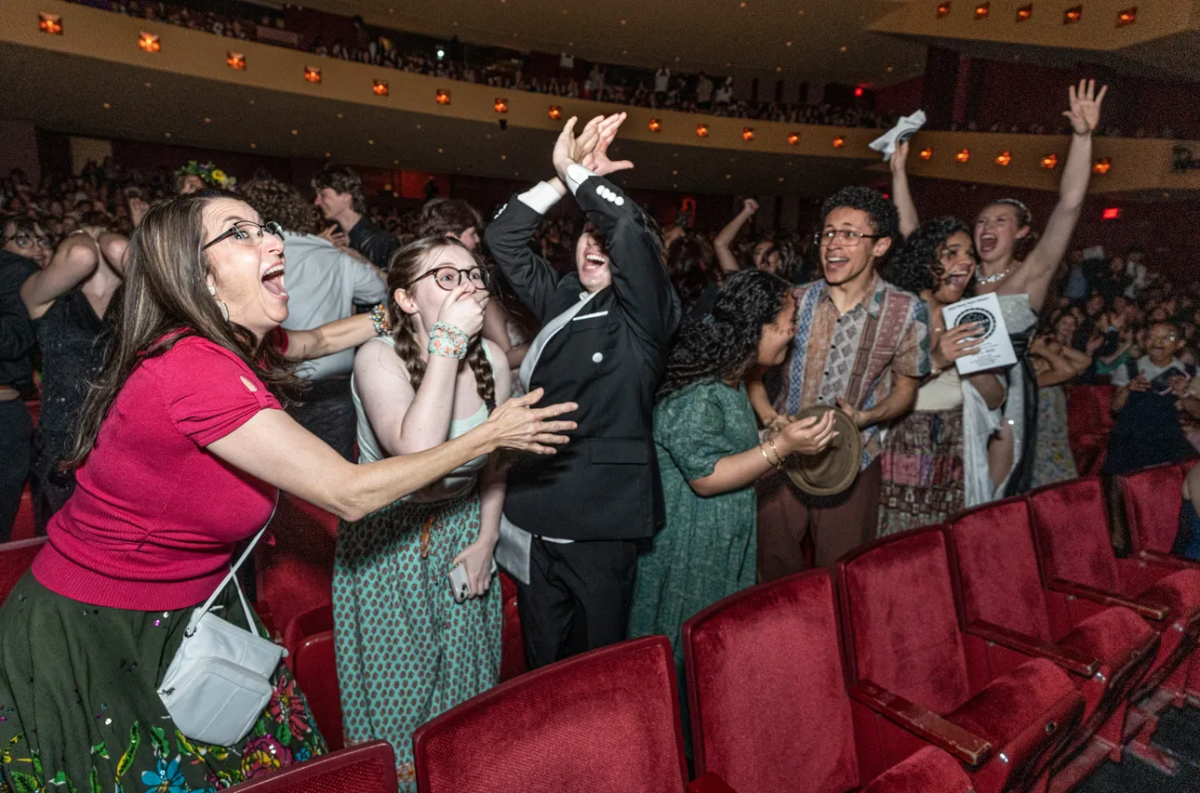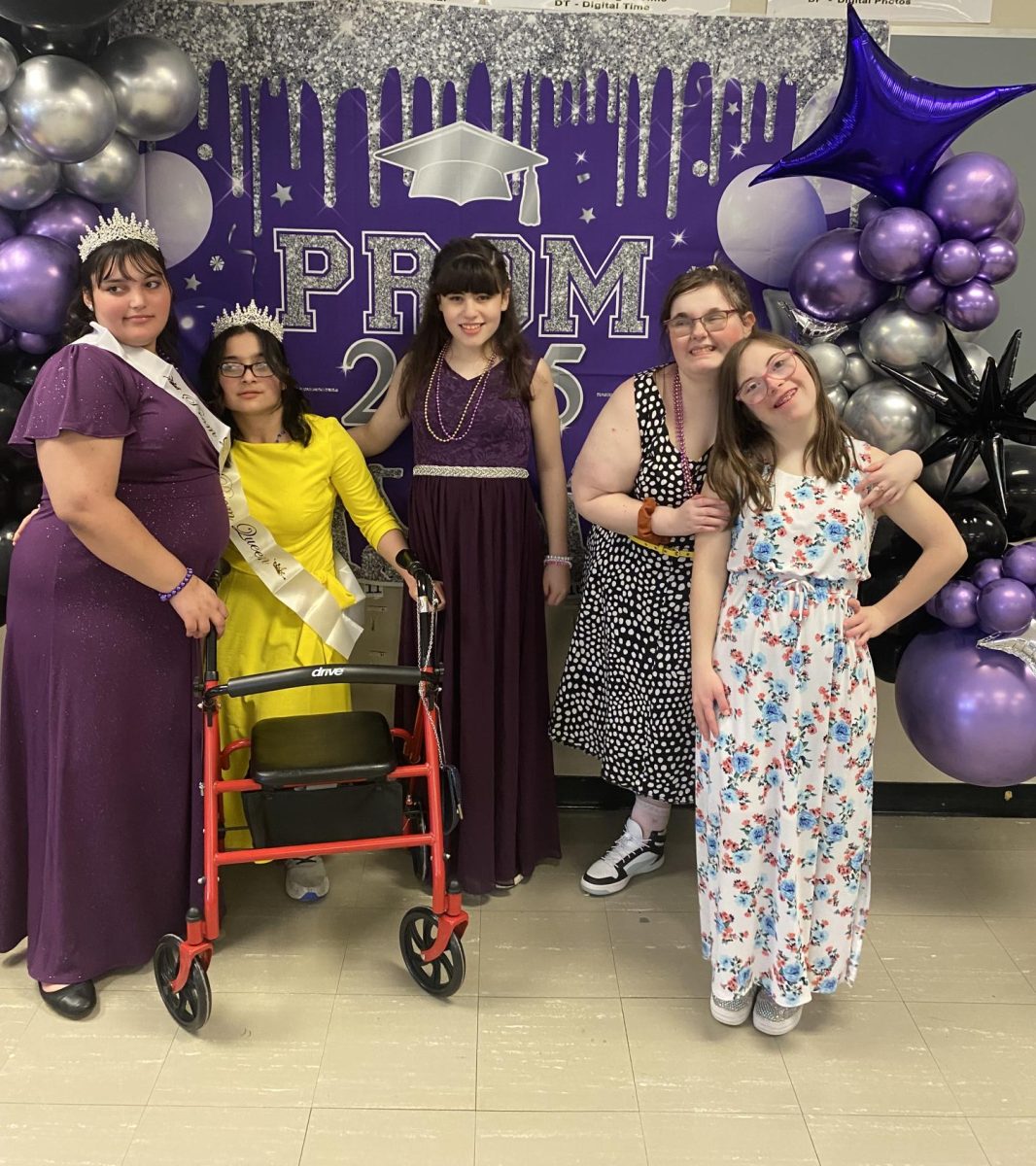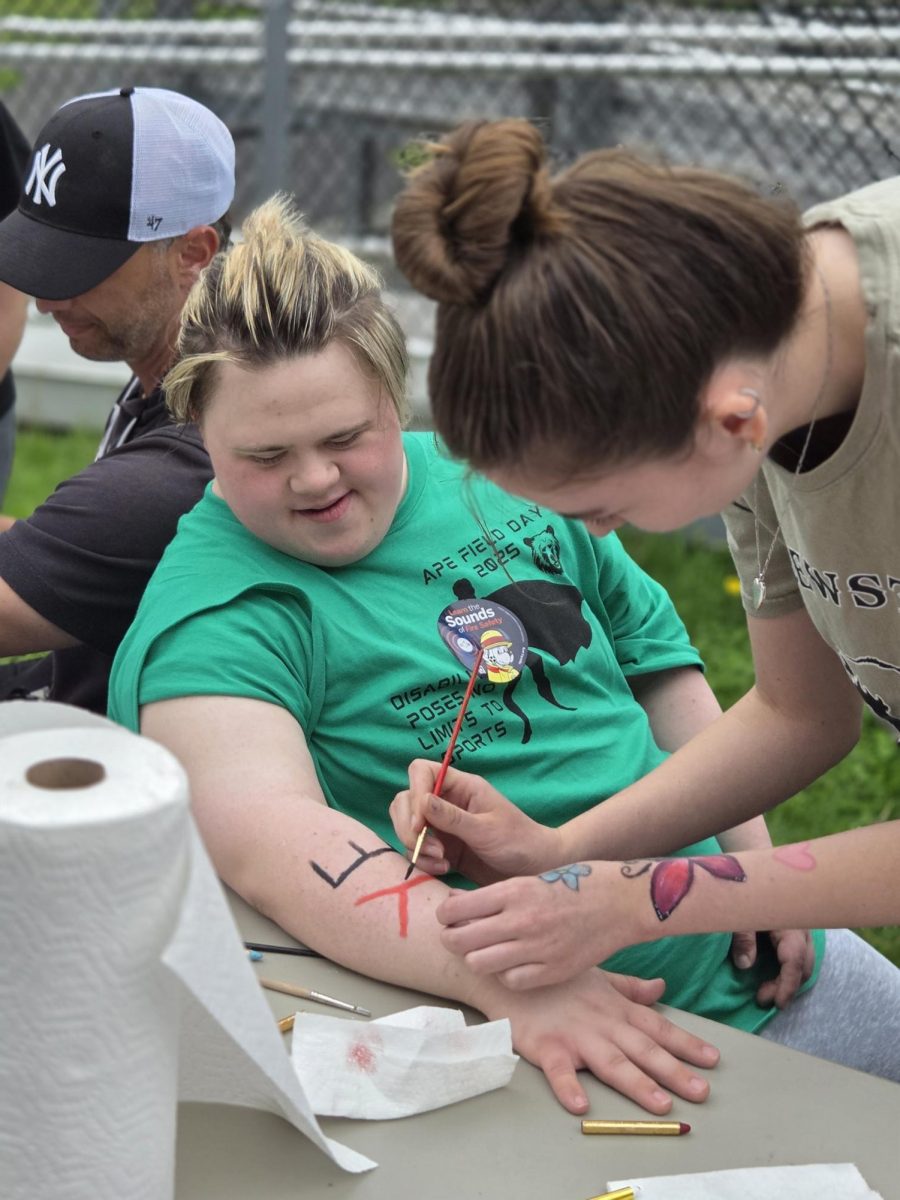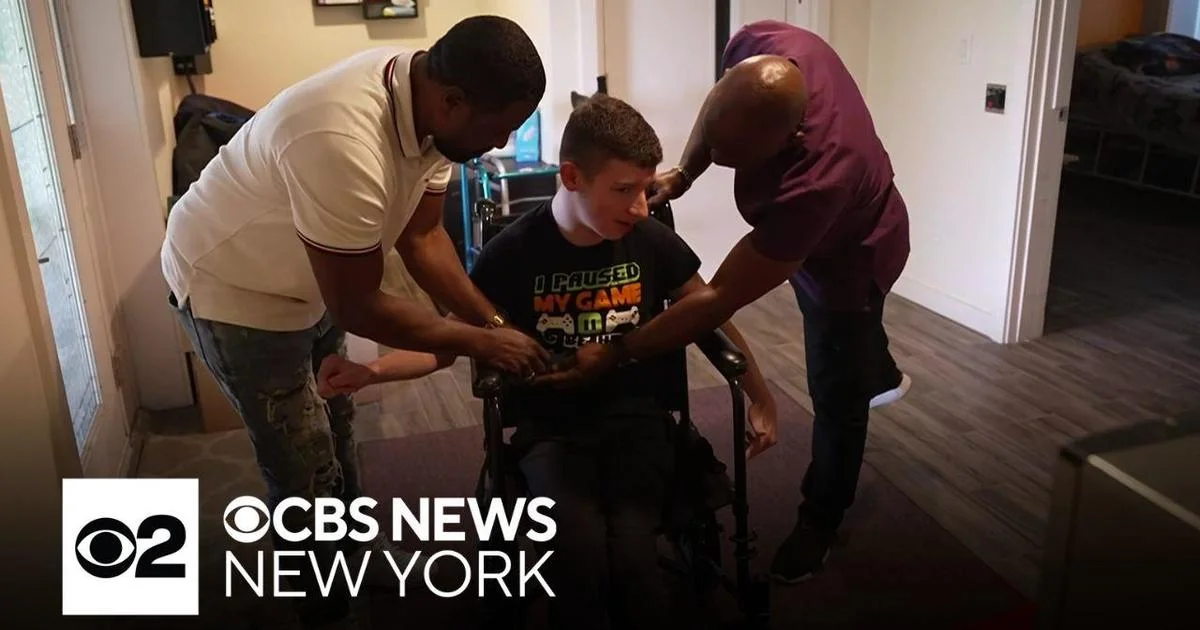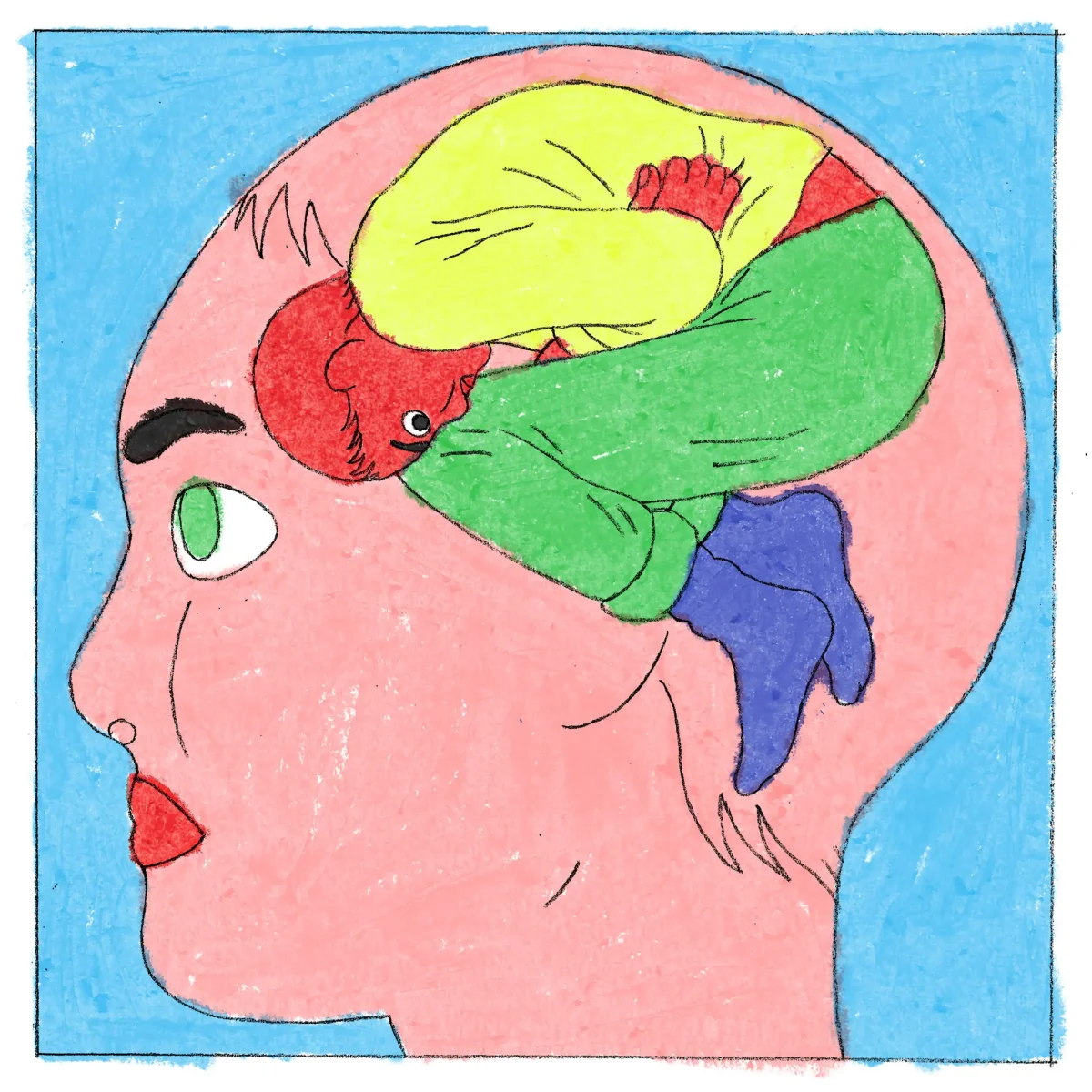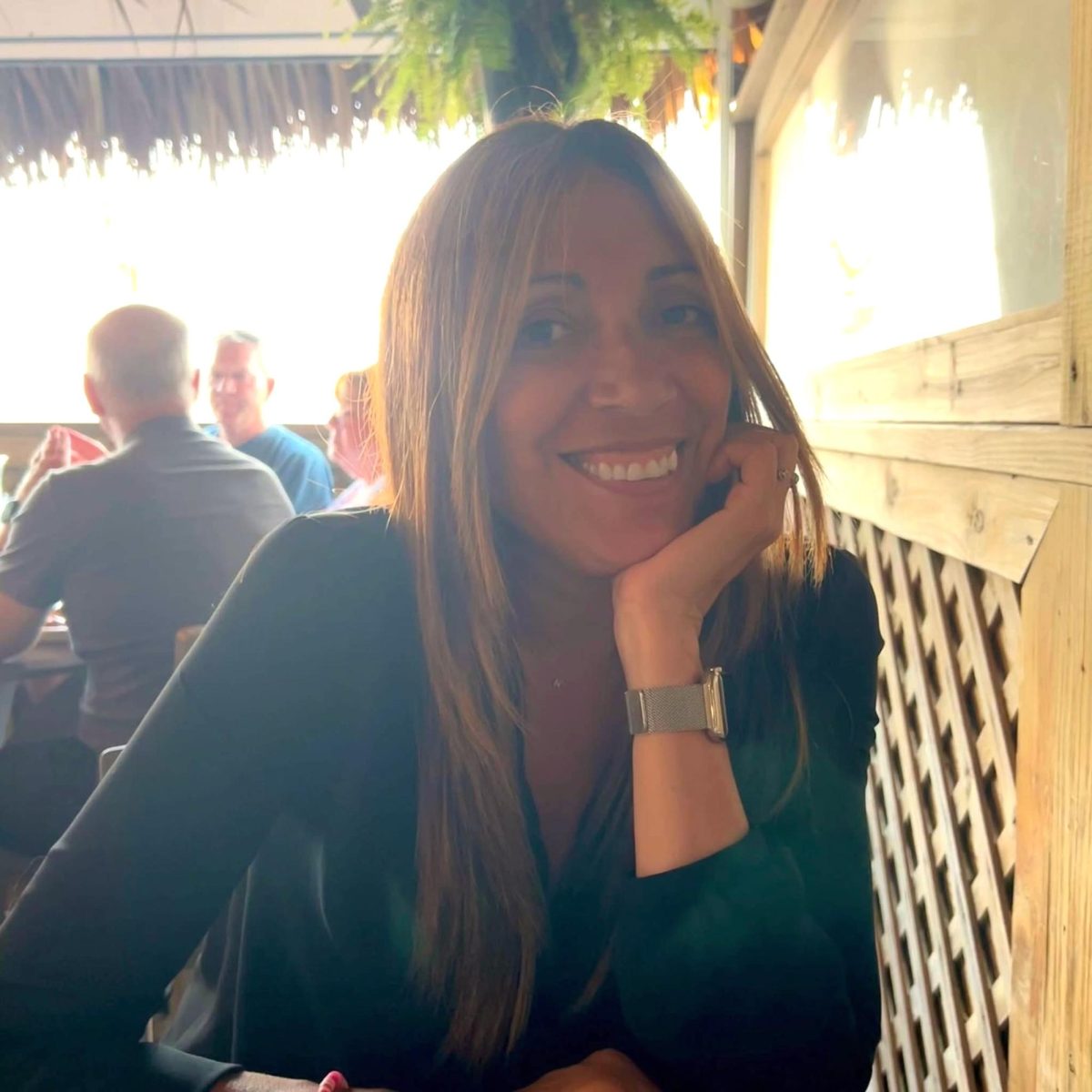In a world that moves faster every day, it’s easy to overlook what’s happening beneath the surface. While we often prioritize physical well being, mental health remains a topic many shy away from, covered in stigma, misunderstanding, or fear. But mental health is just as vital as physical health; it affects how we think, feel, and interact with the world. Opening up conversations around it isn’t just important, it’s essential.
One of the most difficult aspects of mental health is how invisible it can be. Unlike a broken bone or a physical illness, mental health challenges often go unnoticed by others. A student can be struggling deeply while still showing up to class, laughing with friends, and getting good grades. This silent suffering is what makes awareness and education so critical. People need to know how to recognize the signs in themselves and others, and feel safe enough to speak up before reaching a boiling point.
To address the generational mental health crisis, schools need to go beyond one-off events and invest in lasting, evidence-based support. This includes integrating Social and Emotional Learning (SEL) into the curriculum, training staff to recognize and respond to signs of distress, and establishing peer support programs, like Hope Squad, that foster student connection. Regular mood check-ins, access to counselors, and creating safe, calming spaces on campus help normalize mental health conversations and provide immediate support. Lasting change requires a school culture built on empathy, consistency, and honest conversations, not just temporary relief, but a sustained commitment to student well-being.
Talking about mental health isn’t easy. Everyone experiences it differently. And I’d bet that if you walked up to almost any high schooler, they’d admit they feel anxious, stressed, overwhelmed, or something they can’t quite name. Just because we don’t always say it out loud doesn’t mean we’re not carrying it. People assume that if we’re acting distant, it must be because of them. But speaking from experience, sometimes that silence is just the peace we need. The truth is, not every tough day has a cause. Sometimes you’re just in a mood that you can’t explain. I’ve been there. Days where everything feels heavy for no reason. That kind of brain fog doesn’t need a dramatic backstory, it just simply is. So the next time someone seems off, maybe don’t take it personally, offer a little grace instead.
This conversation is for everyone, but especially for those of us navigating high school together. Mental health is not a victimizing tactic. I repeat mental health is not a victimizing tactic. It definitely isn’t something to be dismissed or made into a joke either. Thinking that way is not only hurtful, but cold and invalidating. The four years we spend here might be the hardest four years of our lives, whether we enjoy parts of it or not. There is no reason for us or our peers to make high school more difficult than it already needs to be.
I’m not here to tell anyone how to act, what to say, or how to think. But I will say this: it costs nothing to be kind. Don’t be the reason someone dreads coming to school. Don’t be the reason someone feels small or unseen. Because the truth is, we’re all on this boat together, teenagers trying to figure it out in a world that doesn’t always make space for our struggles.
So think a little more. Act a little more. Care a little more. And most importantly, don’t let anyone blow out your candle. You never know who’s out there, just trying to keep theirs lit.


















































